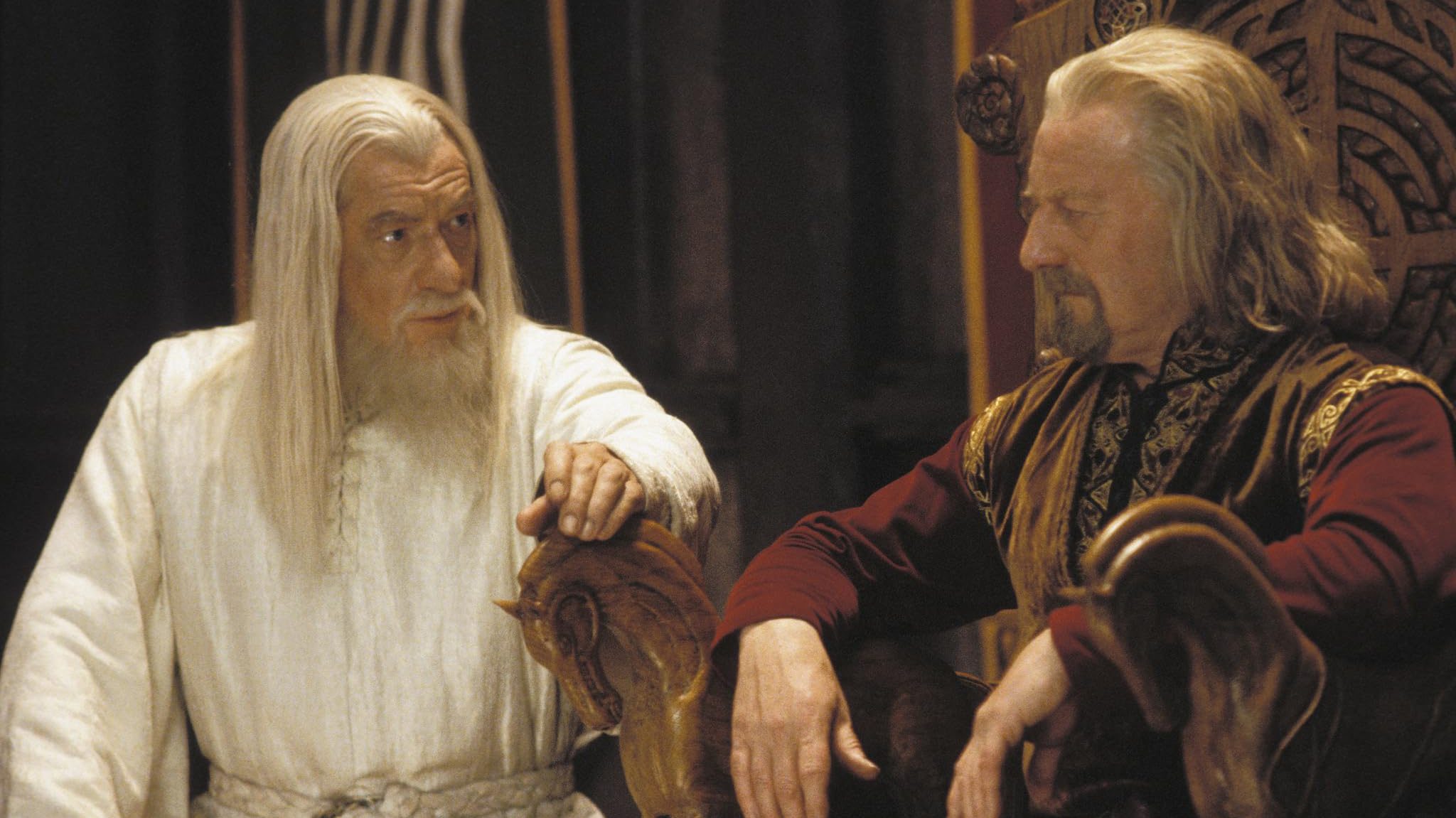I recently stumbled upon a very intriguing article on leadership. Most of us strive to be better leaders to expand the unique influence we have on this world. Countless leadership philosophies exist, each offering principles on becoming a fair and effective leader. Begin with praise and honest appreciation, Carnegie advises us. It’s all about mustering the courage to be a leader, to dare to be vulnerable to the ones you lead, Brené Brown tells us in Dare to Lead.
With all these leadership principles around, it’s easy to be confused. In his article titled Fanness, Dr. Stutman explains that the more you know about a topic, the more difficult it is to act on what you know. This is especially true for inspiring and leading people. It’s an extremely complex task. How do we harmonize individuals, who are so innately different, in working toward the same cause?
Many of the leadership principles work only on a select group of people. Some people might feel very awkward after you tell them you genuinely appreciate them, or see it as flattery. Being vulnerable could be seen as a weakness, especially in times of turmoil. These principles do not seem to work with everyone.
There is one overarching principle for leadership, however, that almost everyone seems susceptible to. One particular leader appears to embody this principle quite wholeheartedly. We have to turn to the beautiful storytelling of the world of Middle Earth to learn more about this leader, though.

Lessons from Middle Earth
The Lord of the Rings and its prequel The Hobbit, are among the most beloved stories ever told. I firmly believe that stories serve an essential purpose. They point to the valuable but often still concealed insights that, when properly understood, could help us recognize our own impulses and proclivities, and those of others in the wider world around us. Stories, and popular stories in particular, contain essential and archetypal truths that resonate with our instincts and connect us to universal themes. Properly studied, narrative can make us wiser.
Tolkien’s Middle Earth is a fantastical world filled with hobbits, elves, men, and other creatures, each with unique customs and homelands. Despite its magical elements, Middle Earth offers a reflection of our own world’s complexities. The distinct races often harbor mistrust and prejudice, keeping them isolated. They go to war and are too stubborn in their customs to properly listen to each other.
In this divided world, there is one figure who doesn’t belong to the race of Men, Orcs, or Elves. It’s a figure we know all to well: Gandalf the Wizard. He is the only one capable of uniting Middle Earth against the evil forces of Sauron. It’s because of this one leadership trait.
Gandalf is a fan of everyone.
He is a fan of all races (except for the Orcs, I guess). From Hobbits to Elves, Men, and Dwarves, Gandalf profoundly understands, supports and challenges them. He does not favor one race over the other. Dr. Stutman calls this principle fanness.
Interestingly enough, Gandalf has a genuine affection for those who are socially more insignificant. He chooses Bilbo Baggins, a seemingly ordinary hobbit, to be the burglar for a perilous quest. Bilbo was far from the obvious choice. He was comfortable, risk-averse, and lacked any experience in thievery or dragon-slaying. The Dwarves doubted Bilbo from the start. Yet, Gandalf saw something in him, a spark of unwavering courage and resilience hidden beneath his unassuming exterior.
Gandalf didn’t force Bilbo into the adventure. He presented the opportunity, encouraged him, and ultimately left the decision in Bilbo’s hands. Throughout the journey, Gandalf remained a steadfast supporter, always believing in Bilbo’s ability to overcome challenges. Every time Bilbo achieved a win, Gandalf would cheer him on.
Explaining fanness
So, what does it mean to be a fan? What does Gandalf do to genuinely root for the success of others?
- He listens and he engages. In order to be a fan of anyone, you have to know them deeply. You have to appreciate their strengths and recognize their weaknesses by truly engaging with them. Everywhere Gandalf travels, he cultivates connections with the local populace. He is warmly welcomed as a consequence of that. Just consider the exemplary CEO who makes a point of also visiting the lower levels of the company to gain a deeper understanding of the challenges faced by each of the company’s employees. People love that.
- He offers opportunities for growth. Gandalf presents Bilbo with the opportunity of transforming his life through an adventure to the Lonely Mountain. He encourages Aragorn to lead the Rangers of the North, unite the scattered armies of men, and reclaim his rightful place as king. Gandalf also entrusts Frodo, another unassuming hobbit, with the seemingly impossible task of destroying the One Ring in the fires of Mount Doom. In the end, Gandalf always leaves the details of execution up to his mentees. They are free to explore for themselves. He always trusts them with their great responsibilities.
- But if it is too much for them, he provides support and guidance. Through his wisdom, he offers support and encouragement when others stumble. Many times, Gandalf comes to the rescue to save his people from ultimate defeat. Gandalf confronts the Balrog in the Mines of Moria to allow the Fellowship to escape. In The Hobbit, he also rescues the dwarves in Goblin-town while personally slaying the Great Goblin in the process.
- His unwavering faith in his companions empowers them to surpass their own limitations. He isn’t afraid to share credit and celebrate their successes, acknowledging their contributions and recognizing their achievements.

Probably, Gandalf would be powerful enough to take on Sauron by himself. But there is a reason he doesn’t do that. Even though he possesses immense power, he understands the importance of empowering others. Gandalf shows fanness through his unconditional belief in others. Ultimately, he chooses to have faith in the potential of those he leads, even when they doubt themselves.
Because Gandalf believes in them, the people of Middle Earth rally behind Gandalf. Their collective trust in him creates a powerful force that propels them towards victory in the fight against evil. Gandalf’s fanness is a fundamental principle, demonstrating that everyone, regardless of their differences, desires the support and encouragement of those they respect.
So, how can we apply this principle of fanness in our own leadership roles? It starts with clearly visualizing a true fan. What does it look like to be a fan? Characters like Gandalf can help with that. Then ask yourself, what would a fan do? How would Gandalf approach this situation? What actions would demonstrate genuine belief and encouragement? Aim to become a true fan.
By cultivating the habits of fanness, you’re not just becoming a better leader; you’re becoming a better parent, friend, and partner. You’re tapping into a universal truth about human connection and motivation. As Gandalf so wisely demonstrates, the power of belief and support can transform your relationships, empowering you to inspire and uplift those around you. The goal should be to use your talents to empower others.
Read more about Fanness here.
All images on this page are copyrighted by New Line Cinema and are used here for illustrative purposes under fair use. No infringement intended.



